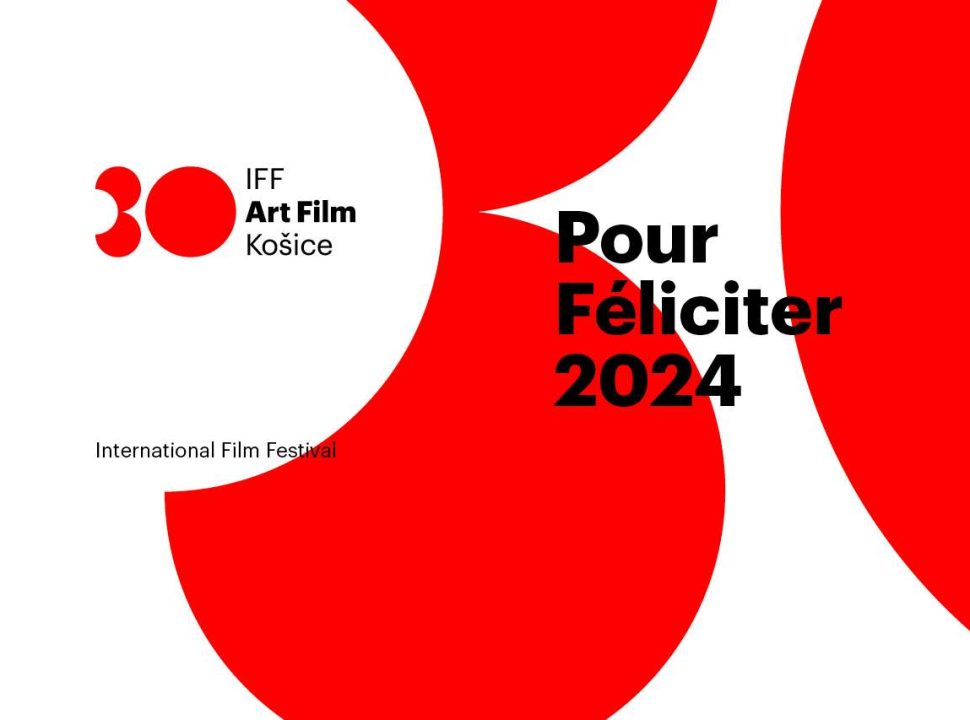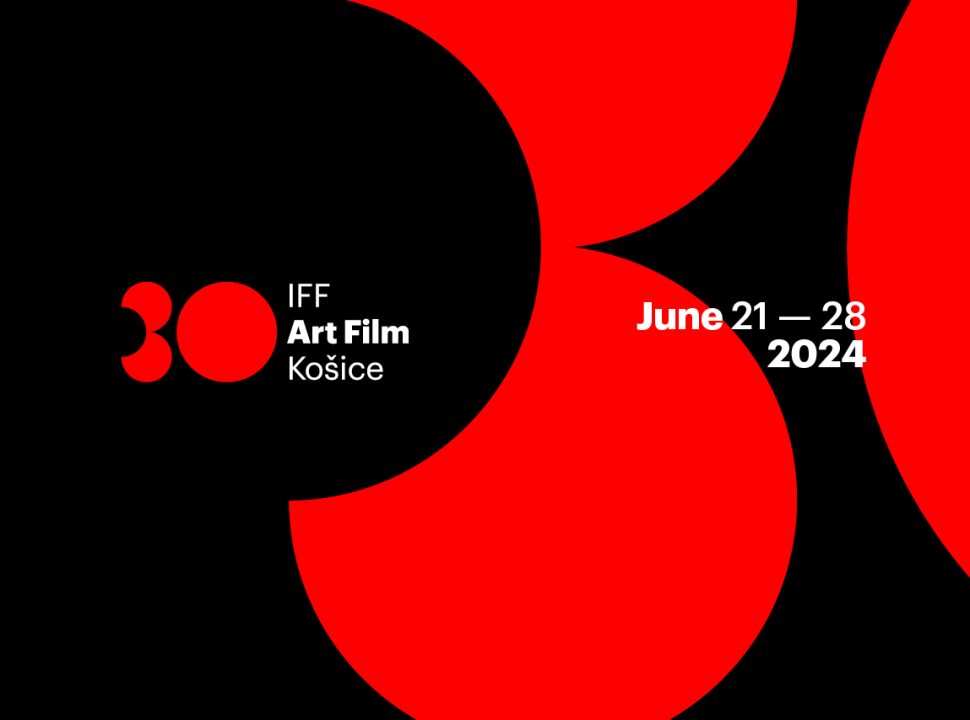At Art Film Fest, Pamela Pianezza feels better than in Venice. “I don’t like mammoth festivals; there they leave you to your own fate, and you don’t even have time to chat with the other jurors. But here I’ve even got time to enjoy pictures outside of the International Competition of Feature Films,” says the Main Jury member.
You’re a programmer for Critics’ Week at Cannes, and you write about film for prestigious publications, including your own magazine. Are critics important to filmmakers?
There are, of course, review-proof films. No one’s worried about reviews of Pirates of the Caribbean; everybody goes and sees it regardless. But for films that aren’t clearly oriented toward a general audience, critics are indeed important.
What influence do they have?
I like to see myself as a bridge-builder between a film and its audience. When an unknown film comes out, what are people supposed to think? That’s where critics come in, to give people a sense of the film’s significance. And so I think as long as a critic does their job well, they are important to filmmakers.
What then makes for a good film?
To me the most important thing is urgency, the filmmaker’s need to make a statement about something. If that’s apparent in a film, then I know I’m watching a good one.
But what about the story? The tech package?
I see a lot of films that are technically flawless, but when you leave the cinema, you immediately forget what they were talking about. And that’s precisely what should be most important in a picture, unless we’re talking an experimental film, for example. I always let myself laugh or cry first. I need to know what the auteur wants to say and why. If I don’t know, then the technical aspect is the least of my worries.
At the same time, you often say you can’t assess a film right after you leave the cinema.
Yes, first I have to digest it in order to talk about it.
How long does that take?
That depends on how the film affects me. I process it until the head prevails over the heart in my appraisal. That’s one reason why I don’t like having to write a review directly after leaving the cinema. I think every critic tries to avoid that. Once I was writing under a daily deadline, and I was horrified that some of my colleagues wrote reviews as it was football coverage. They created the basic structure in advance, later simply filling in the right names and places. I never imagined you could write about film in such a way.
And how do you choose to write?
I used to write about international politics, and it’s still close to my heart. But I wrote about the French presidential elections, later the US presidential elections, and then I realized that nothing was changing. I think by writing about films or books I can change more.
Do you believe that art can change society?
Yes, I firmly believe that it’s culture that has the power to change people for the better. I also had that in mind when I founded Tess Magazine. I’m convinced that a person’s behaviour is based on what stories they were told as a child.
So culture changes society more than politics?
It’s easier to get through to people with culture. For example when you’re talking to someone who has opposing political views, you probably won’t get on well, since both of you will be on the defensive. But if you talk about films or books, you’ll gradually find common ground. Take homosexuality, for example: lots of older people bluntly reject homosexual partnerships, like the ones that the French parliament just legalised, since they see them as a stupid idea. But if you show them a beautiful film about same-sex love, it will affect them. And even if only a shade, thanks to film they’ll start thinking differently, more openly.
Juraj Fellegi



